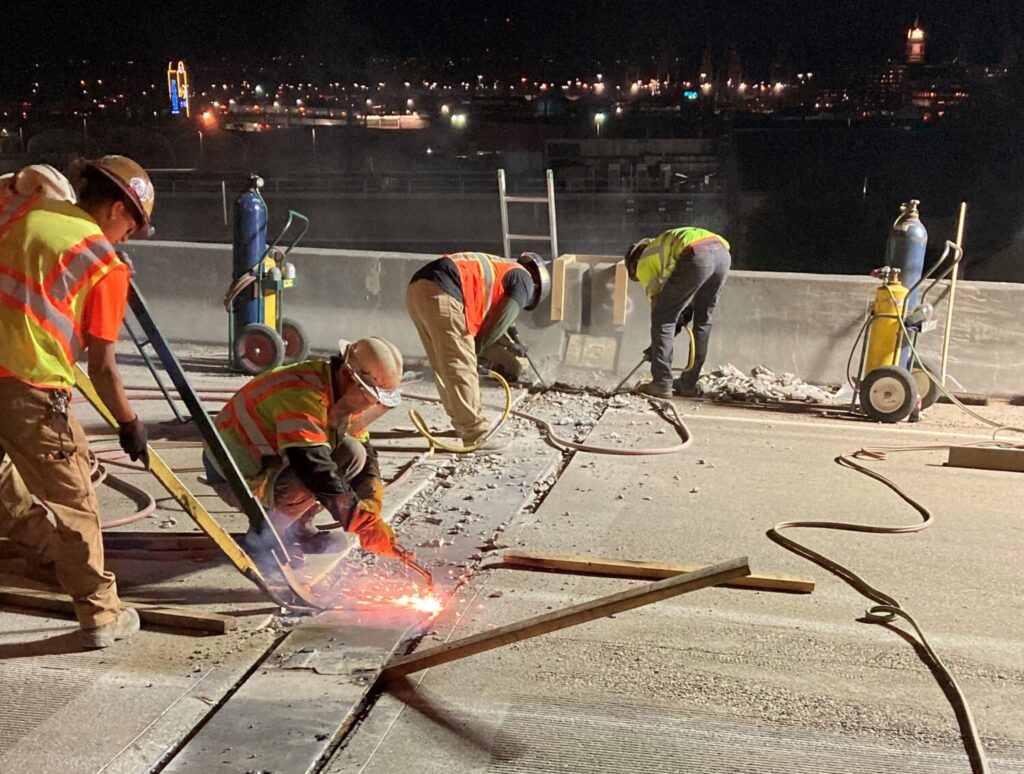Capital Chatter: Salem payroll tax could mean exodus of commuters
Published 5:15 pm Thursday, July 27, 2023

- capital chatter logo
Salem could be on the verge of becoming the state capital in name only. The city’s new tax would dramatically change how legislators and other public employees go about their jobs.
As the clock edged toward midnight on July 10, the Salem City Council narrowly voted to impose a payroll tax on anyone who is physically within the Salem city limits while working – regardless of where they live. That includes folks who are part-time, work only occasionally in Salem or are self-employed. However, workers making only the state minimum wage, currently $14.20 an hour in Salem, are exempt.
Dozens of Oregonians – including legislative employees and other state workers, former lawmakers and business leaders – spoke against the tax during the lengthy public hearing that preceded the council’s 5-4 decision.
Proponents, including former Democratic legislator and current Salem Mayor Chris Hoy, said the employee-paid payroll tax is needed to avoid slashing police, fire and homelessness services.
I expect the tax, if it takes effect next July as planned, will encourage legislators and anyone else to avoid Salem while working: Hold business meetings at restaurants just outside the city if necessary. Drive beyond the city limits to make lengthy phone calls. Do as much work by remote means as possible – just stay outside Salem.
Why? If you commute into Salem from next-door Keizer, Portland, Bend or elsewhere, you’ll pay a 0.814% tax on money made while in Salem. A typical worker, who earns the average Salem wage of $29.90 an hour, will pay $506.24 annually. Keizer officials estimate the tax will cost their city’s residents over $3 million a year.
If you telework into Salem from Astoria, Athena, Albany or anyplace else, congratulations. If you’re not physically within Salem, no tax.
However, if you’re a pizza driver at one of the eateries just beyond the city limits, you’ll likely pay tax on wages and tips earned while delivering pizza within Salem … although that’s not entirely clear. The council-passed ordinance is short on details.
“That’s a really good question. And honestly, we’re going to have to wait for administrative rulemaking to see how that plays out,” Josh Eggleston, Salem’s chief financial officer, said at the July 10 council meeting.
Gov. Tina Kotek said she understood why the Salem council enacted the tax when I asked her about it on Thursday. She dodged the question of whether she agreed with it.
“Globally what we’re seeing across the state – and I’ve had lots of conversations with local government – they are stressed to make sure services are there at the local level. And that is a long-term fundamental issue around how local government is funded,” she said.
“Salem leaders are saying, ‘We need to fund essential services.’ We might not agree on the approach that they’re taking, but I can tell you what they’re trying to do in a brave fashion is say, ‘We need to fund services.’”
Most city programs in Oregon are financed primarily through the property taxes paid by homeowners and businesses. Cities have been stunningly unsuccessful in getting Oregon to revisit the limits that voters established in 1990’s infamous Measure 5 and 1997’s Measure 50.
Governments and nonprofits largely are exempt from property taxes. They benefit from police, fire, libraries, parks and other services without paying for them. In Salem, that includes the three largest employers – the state of Oregon, Salem-Keizer School District and Salem Health. State government owns an estimated 5% of Salem land, valued at approximately $2 billion, which includes the Capitol, prisons, Oregon State Hospital and myriad office buildings.
As an appointed state representative from Salem, Hoy introduced a bill in the 2022 Legislature requiring the state to provide payments to the city in lieu of property taxes. It went nowhere, just like past demands from Salem mayors on the opposite side of the political spectrum.
All this makes state employees, thousands of whom commute into Salem each workday, a chief target of the new tax. Such commuters don’t pay local property taxes. On the other hand, thousands of Salemites travel to jobs outside the city and don’t pay local property taxes there either.
The Salem council majority refused to send the tax to voters for approval. They also refused to extend the July 10 hearing for a week to allow additional written testimony from Oregonians who’d just heard about the proposal.
“I know it will be a burden on residents. Every tax is burden. But this is the right thing to do. This is the right thing to do,” Hoy said, emphasizing that the city couldn’t afford to wait.
But a wait is likely. Oregon Business & Industry is leading an aggressive campaign to refer the tax to voters. Kotek, like practically everyone else I’ve talked with, expects the signature drive to succeed.
“The Court notes that protected speech is not necessarily meaningful or lofty speech.”
U.S. District Judge Michael McShane





